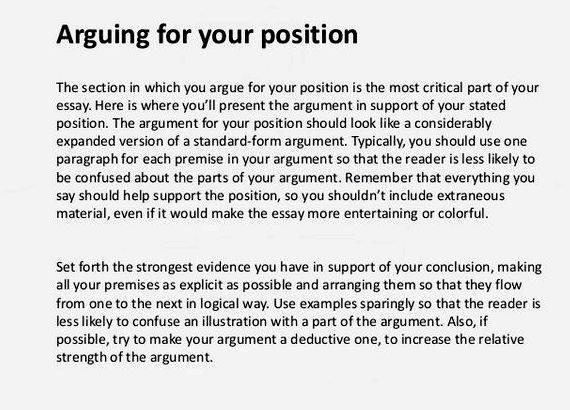


Even though most individuals would agree that blue-collared jobs are necessary in today’s society, Rose urges that blue-collared jobs should share the same importance as white-collared jobs. In the previous quote, Rose goes in depth to explain that the values displayed from workers in the working class have been more examined than the actual thought process the job requires. Rose states, “Although writers and scholars have often looked at the working class, they have generally focused on the values such workers exhibit rather than on the thought their work requires-a subtle but persuasive omission” (247). Rose believes that blue-collared jobs should be as highly valued as white-collared jobs in today’s society. All in all, Rose believes that even though blue-collared jobs and white-collared jobs are different, the skills that each type of jobs require are essential, and he believes those skills should be honored. Also, Rose introduces the thought that blue-collared jobs entail certain thought processing and problem-solving skills that white-collared jobs do not offer. Rose goes on to exemplify that the skills required to be a carpenter share few similarities with the skills required to be a lawyer. In Rose’s quote, he directly addresses the fact that blue-collared jobs require skills that aren’t always acknowledged as valuable trades. Rose himself writes, “Verbal and mathematical skills drive measures of intelligence in the Western Hemisphere, and many of the kinds of work I studied are thought to require relatively little proficiency in either” (252). In order to be efficient, blue-collared jobs require certain skills that white-collared jobs do not. Even though many individuals would argue against Rose, he continues to complain that blue-collared jobs should require specialized skills, should be respected, and shouldn’t hinder social rank. Did the man discriminate against the waitress because he had a higher education? In the article “Blue-Collar Brilliance,” known author Mike Rose makes claims on how individuals and groups of people view each other based on their level of education. The customer, who is a lawyer, replies with a quiet, “Thanks.” After the man is finished, the waitress walks over to the table to find that the man did not tip her. A waitress places a customer’s order onto his table.


 0 kommentar(er)
0 kommentar(er)
